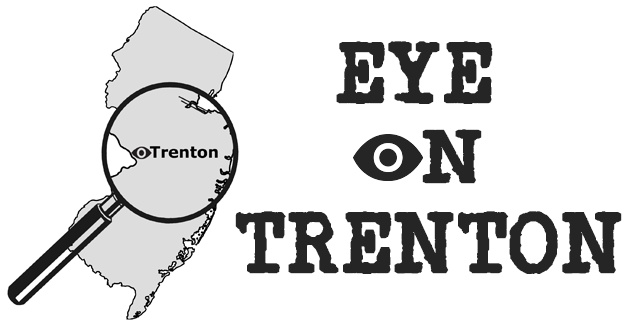On Thursday, January 30th, the Senate Environment & Energy Committee will once again consider Senator Bob Smith’s bill, now dubbed S864, which seeks to ban “the provision or sale of single-use plastic carryout bags, single-use paper carryout bags, and polystyrene foam food service products, and limit the provision of single-use plastic straws.” With its ban on paper bags as well as plastic, this would be one of the most restrictive bans in the United States. The bill would also appropriate $500,000 per year, for three years, from the Clean Communities Program Fund to the DEP. According to the Office of Legislative services, “the DEP would use these funds to contract with a nonprofit organization to develop and implement a Statewide public information and education program concerning the provisions of the bill. The program would include educational programs, public service announcements, and the distribution of free reusable carryout bags throughout the State.”
The bill passed a full vote in the Senate on January 13th, 2020, the last day of the Lame Duck session, with opposition split along party lines (21-14 with 5 Not Voting). The Assembly did not take action on the bill, however, so it never made it to the Governor’s desk.
Last session, there was an Assembly version of the bill (A4330), sponsored by Assemblywoman Nancy Pinkin, but thus far, she has not re-filed it for the current session. She did, however, re-introduce a bill (A1981) that calls for the creation a Plastic Pollution Task Force “to study ways to reduce and address plastic pollution.”
Although reducing plastic pollution is something that many people express support for, these bans do come with a cost, which the Office of Legislative Services was not able to fully determine. They did provide a few estimates in their Fiscal Note, which you can read HERE. TL:DR no one is sure of the exact price tag, but it’s likely to be in the millions of dollars, with no indication of where most of that money will come from. (*cough* taxpayers *cough*)
For example, the DEP estimated that they would need to hire seven new full-time staffers to execute the provisions put forth in the bill, at a cost of approximately $800,000 per year. Additional resources would also be needed to address enforcement.
OLS says that one of the largest contributors to the anticipated costs generated by the bill is the effect it would have on food services businesses, including those that serve New Jersey’s schools, hospitals, and prisons, where cafeterias typically use polysterene foam products, such as food trays. From the OLS fiscal note: “For example, according to information provided by the New Jersey Association of School Business Officials, one school district reported that compostable school lunch trays cost an additional $0.06 per tray, leading to an annual cost increase of $6.84 per student. A similar cost increase for the approximately 19,970 prisoners in the charge of the Department of Corrections would represent an expenditure increase of approximately $1,312,000 annually for that department (assuming a cost increase of $0.06 per tray and three trays needed per day).”
The Senate Environment & Energy Committee will consider S864 at 10am on January 30th, 2020, in Committee Room 6 at the Statehouse Annex. If you would like to share your thoughts on this bill, you can attend the hearing, or email the Committee members directly in advance (be sure to mention the bill number, S864, in your correspondence):
Senator Bob Smith (Committee Chairman and also the bill’s First Prime Sponsor): sensmith@njleg.org;
Senator Linda Greenstein (Committee Vice Chair and Second Prime Sponsor on the bill), sengreenstein@njleg.org
Senator Kip Bateman, senbateman@njleg.org
Senator Dick Codey, sencodey@njleg.org
Senator Kristin Corrado, sencorrado@njleg.org
To submit written testimony to the Senate Environment & Energy Committee, as a matter of public record, be sure to include the Committee Aides on your email: kduhon@njleg.org (Democrat aide), rpanitch@njleg.org (Republican aide), and mpeterson@njleg.org (Office of Legislative Services aide).




